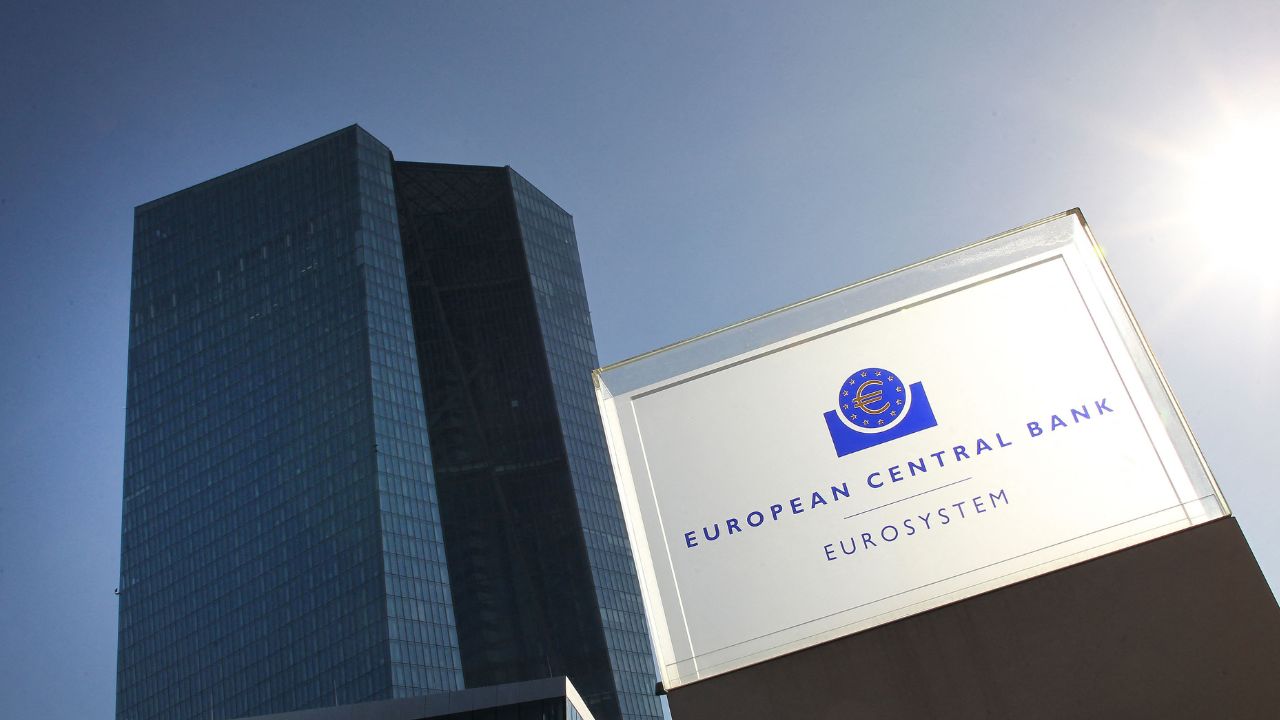Major central banks are poised to reverse a record series of interest rate hikes, marking a departure from the tightening cycle. However, the descent in borrowing costs is anticipated to differ significantly from the ascent.
Rather than swift adjustments, central banks are expected to proceed cautiously with minimal increments and occasional pauses.
Concerns about inflation, still above target rates, amid ultra-low unemployment, guide this approach.
Varied Responses and Timelines
Central banks, including the Swiss National Bank and potentially the European Central Bank, are anticipated to follow suit in easing policy, with attention turning to upcoming meetings.

While the US Federal Reserve and the Bank of England hint at potential cuts, their language remains ambiguous, leaving room for decisions in June or July.
Despite economic indicators suggesting a positive trajectory for the US, the Fed’s decision-making is complicated by factors such as persistent inflation and the looming November election.
Europe’s economic sector presents a picture, with challenges like recession in Germany and sluggish growth in Britain.
Uncertainty and Structural Shifts
The outlook for interest rate cuts extending into 2024 or 2025 remains uncertain, albeit with confidence that ultra-low rates, some even negative, will not resurface.

Structural changes in the global economy, including investment needs driven by climate transition and digital transformation, could influence the natural rate of interest.
